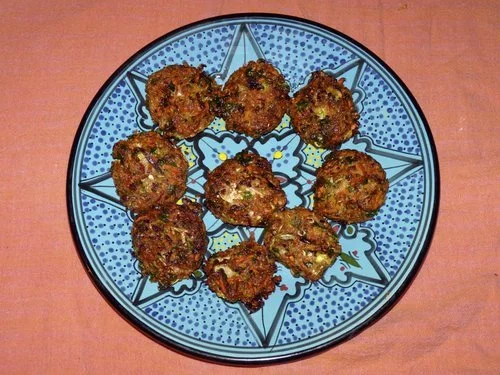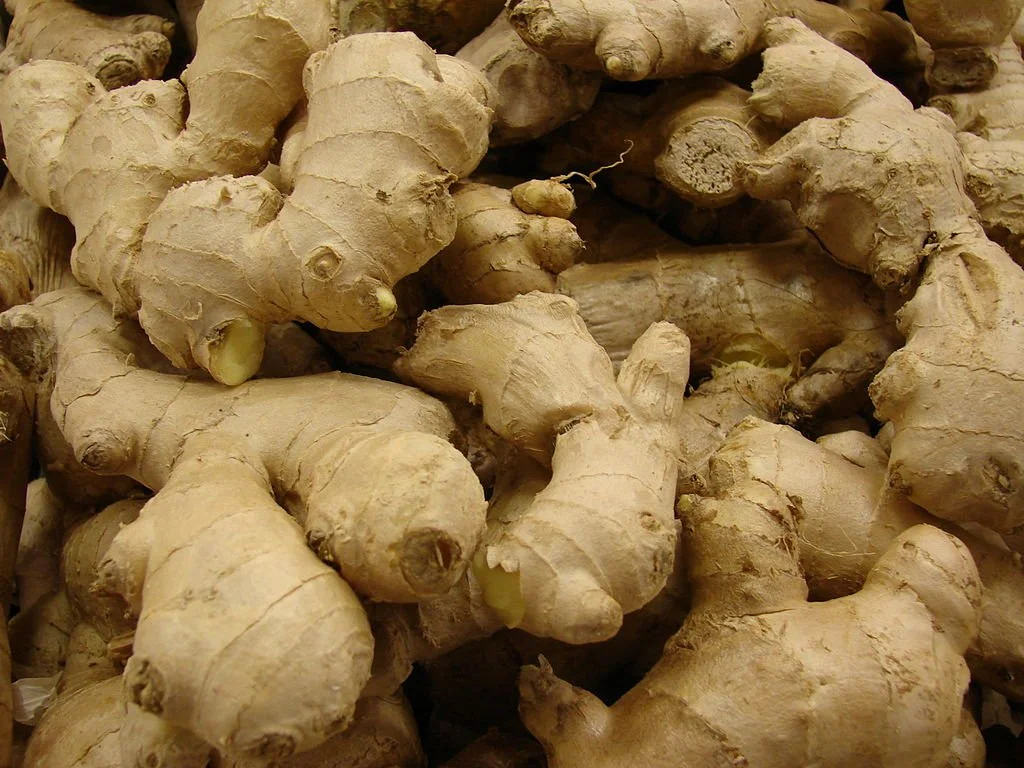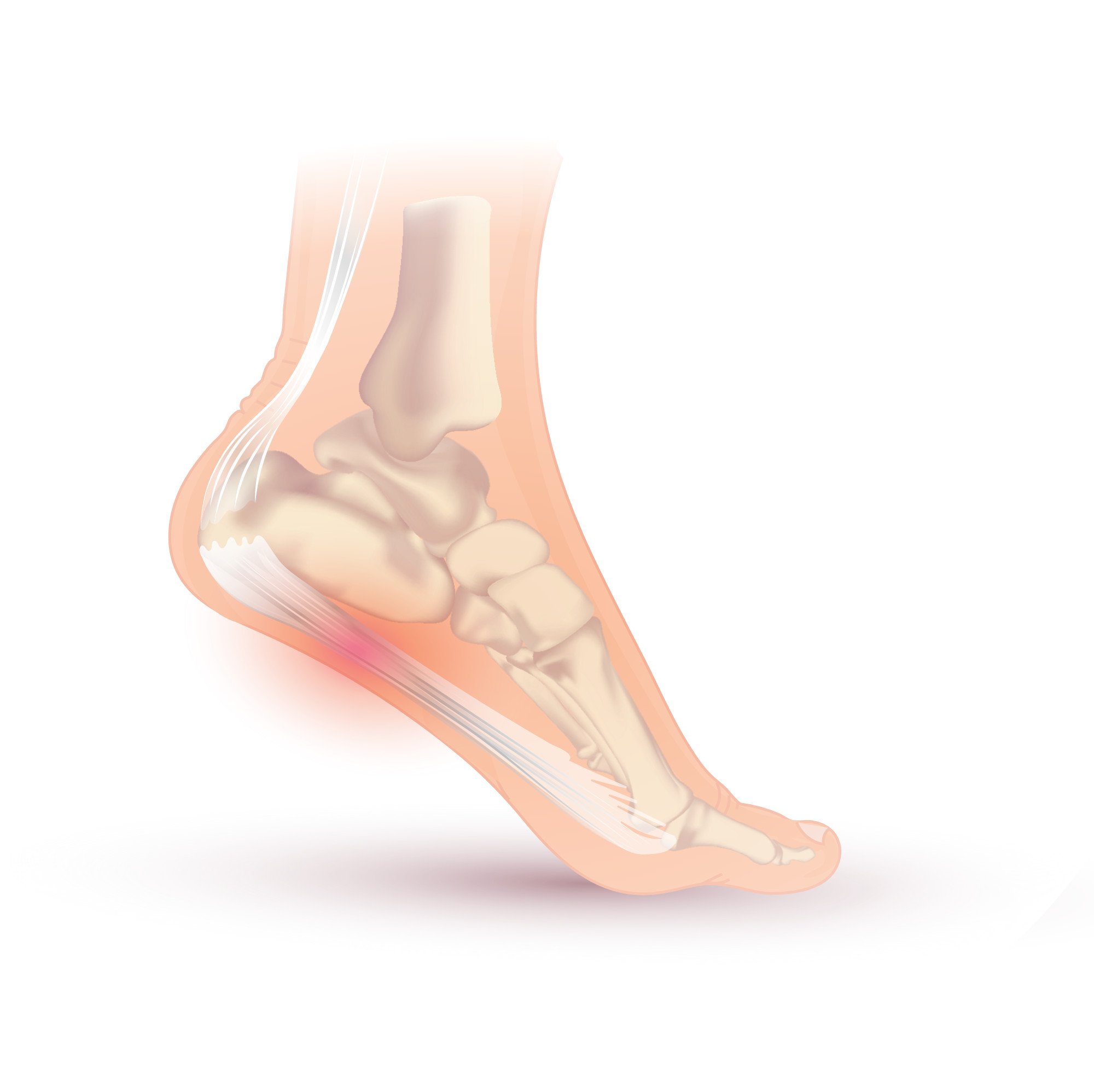Oil in your Ayurvedic Diet
/During the eight days of Hanukkah, fried foods are traditionally eaten, out of respect for the Hanukkah miracle. When the temple, which had been desecrated, was being reconsecrated, there was only a little oil to light the menorah. Miraculously, the oil lasted for eight days, while a new batch was being prepared. Remembering fondly my Mum’s delicious latkes, I’ve decided to take a look at oil today.
So, who should eat oil, how much, and when? In Ayurveda, two factors influence our dietary choices—our constitution and the season. Let’s talk about constitution first. And if you’re totally new to Ayurveda, check out my video, Ayurveda Basics: Vata, Pitta and kapha.
Thinking about vata first: vata is dry, and needs plenty of oil. Ghee, butter, olive oil, sesame oil, sunflower oil—go ahead and enjoy them to your heart’s content. Everything in moderation, however. Stir some ghee into your kichari, drizzle olive oil on your vegetables, slather your winter squash with butter…but, just like Mum’s latkes, deep fried foods should be more of an occasional treat, rather than your daily diet. Although vata loves oil, the vata digestion is finicky, so don’t overtax it with heavy fried foods. And especially avoid trans fats, found in all kinds of greasy bagged snacks.
Moving to pitta, you need to be judicious in your use of oil. Pitta is sasneha, meaning its fieriness is mixed with an oily quality. Because of this, fried foods should be taken rarely and oil used in modest amounts, just enough to make your food tasty. If you consume excess oil or greasy foods, you may well experience loose stools. Among healthy fats, ghee is considered particularly good for pitta, as it has the opposite qualities to pitta. Pitta is hot, sharp and light, and ghee naturally balances those properties. Stir ghee into your kichari, but not as much as your vata friend is using. Enjoy extra virgin olive oil and sunflower oil and relish cooling coconut oil.
For kapha, oil is not really your friend. Kapha is snigdha, or oily, in its inherent nature. Use ghee in small quantities, just enough to simmer the spices, but don’t add that extra spoonful to your food. And among vegetable oils, mustard oil is the best choice for you, due to its heating property. Keep your diet low in fat, and try to stay away from doughnuts, French fries and the like, tempting though they may seem.
In terms of season, as winter comes, all of us can adopt a heavier, more vata-soothing diet, richer in oil. The Ayurvedic texts say that our digestion is stronger in winter, and foods that have more fat are necessary. It’s a good time to make use of ghee, sesame oil and mustard oil. So there really is something to the Hanukkah fried food tradition! It heralds our winter diet change.
Alakananda Ma M.B., B.S. (Lond.) is an Ayurvedic Doctor (NAMA) and graduate of a top London medical school. She is co-founder of Alandi Ayurveda Clinic and Alandi Ayurveda Gurukula in Boulder Colorado, as well as a spiritual mother, teacher, flower essence maker and storyteller. Alakananda is a well known and highly respected practitioner in the Ayurveda community both nationally and internationally.
Enliven your holistic health! Visit Alakananda Ma in Alandi Ashram’s ayurvedic clinic to support the overall rejuvenation of your body, mind, and spirit. In-person and virtual appointments available. Book now!




























